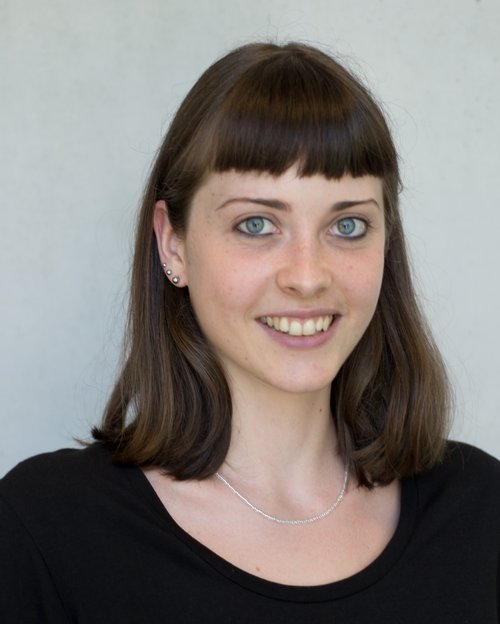The European Court of Human Rights, Non-Discrimination and Empowerment: Exploring Collective Dimensions

It is with great pleasure that the ECMI is welcoming Dr. Cornelia Klocker next week. Dr. Cornelia Klocker is currently a postdoctoral fellow within the Zukunftskolleg at the University of Konstanz, researching on non-discrimination, group empowerment and group rights in the context of the European Court of Human Rights.
Her research interests include intersections between the law of armed conflict and human rights law (in particular regarding practices such as collective punishment), group rights and group empowerment, minority rights and non-discrimination, plus a focus on minorities in the Soviet Bloc. In today`s talk, she will present an overview of an ongoing project on the study of the non-discrimination case law of the European Court of Human Rights and its implications for affected groups:
Although the European Convention on Human Rights (ECHR) is centred on individual rights, there are situations and cases with a collective dimension that cannot be fully grasped by looking solely at the individual. A key example can be found in Article 14 ECHR, the prohibition of discrimination. This article sets out that discrimination on grounds such as race, sex, political or other opinion, religion or language, just to name a few, is prohibited. Yet behind these grounds stand a number of groups such as Roma, women, the LGBT+ community, political opposition and dissenters, Muslims or French native speakers in the Flemish region of Belgium. The ongoing project investigates this collective dimension by looking at the terminology used to describe affected groups in those cases. Who is “vulnerable”, who was placed in a situation of “factual inequality”, who was “stigmatised”? Are some of these descriptions used more often in relation to specific groups and not others and if so, why?
The question on the reasons for such choices leads back to the underlying research approach and methodology used. Drawing on Bourdieu’s work on language, symbolic power and the rites or rituals of institution, this project wants to highlight that language matters. The ways in which groups are described by the court, by single judges, by respondent governments and ultimately, by their own group members can offer insights into the power dynamics at play. Using field analysis, the project aims to contribute to an understanding of these power dynamics and their relevance for the outcome for affected groups. This question on outcomes ties in with one of the core underpinnings of the project: group empowerment and its transformative potential to elevate the position of affected groups from a passive to an active role in contributing to social change.
Cornelia Klocker holds a Mag.iur. from the University of Salzburg, an LLM (International Law) from the University of Sussex and a PhD (Law) from Birkbeck College, University of London.

